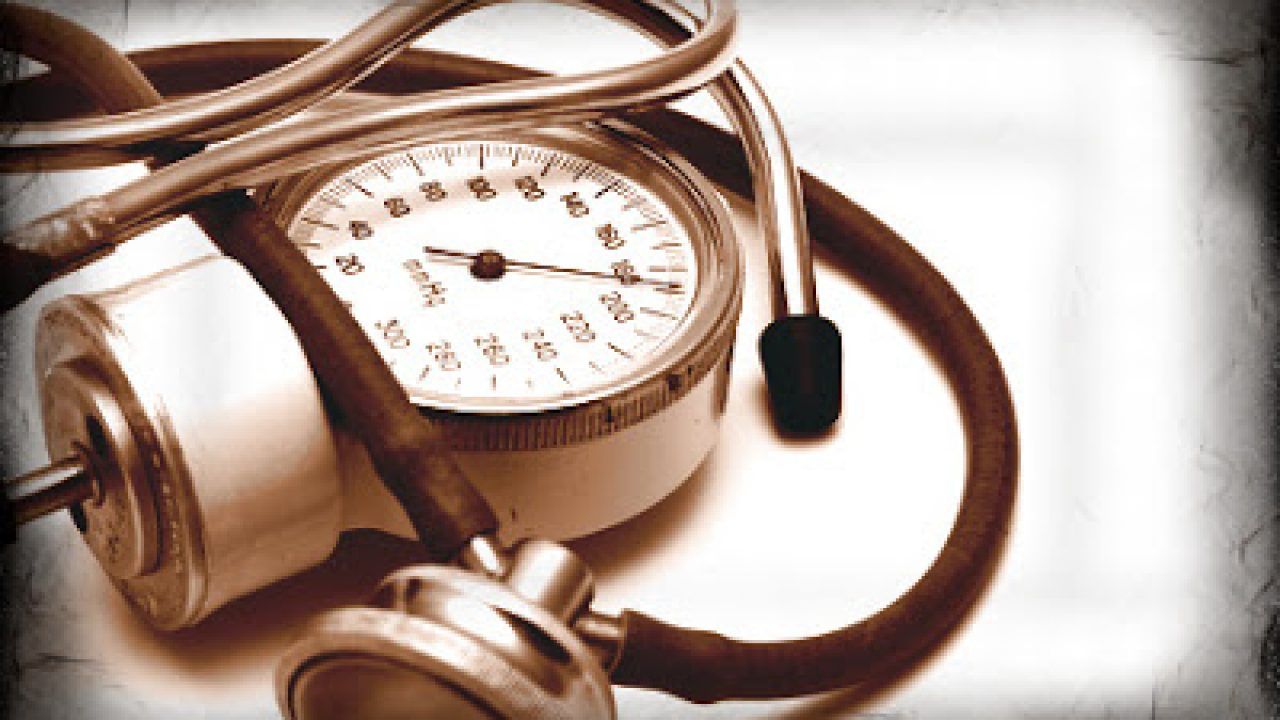What happens to the human body to those who take aspirin with high blood pressure? You have no idea what happens to the body.
L’hypertension o high pressure it affects more than a billion people worldwide and can cause a variety of cardio and cerebrovascular complications. High blood pressure is one of the most common pathological conditions all over the world. High blood pressure affects patients of all ages, but particularly those over 60.
High blood pressure: the blood pressure values
The blood pressure it is the force with which blood is pumped into the blood vessels. The values considered “normal” are below 130 for systolic and 85 for diastolic. Exceeded these values we speak of high blood pressure.
High blood pressure is dangerous for the human body and can give rise to cardiovascular pathologiesincluding: heart failure; stroke; arrhythmias; atherosclerosis and heart attack.
High blood pressure: causes and symptoms
Genetic predisposition, bad habits, hormonal alterations, kidney diseases, unbalanced and salt-rich diet and stress are the cause underlying high blood pressure.

Headache, fatigue, nosebleeds and retinal hemorrhages and heaviness of the eyelids are the main symptoms high blood pressure.
How to lower high blood pressure?
In addition to taking any medications, it is possible reduce blood pressure through lifestyle, for example losing weight, reducing salt consumption, practicing regular physical activity.
Aspirin taken with high blood pressure: what effects does it have on the human body?
Aspirin taken a low doses it should not have a significant impact on the health of the human organism, especially in patients with high blood pressure problems. A Finnish research has shown that taking aspirin in low doses does not affect blood pressure.
Aspirin: what are the contraindications?
Just read the aspirin package insert to learn about aspirin. The contraindications are attributable to the following:
- hypersensitivity to the active substance (acetylsalicylic acid),
- angioedema,
- history of intestinal bleeding,
- peptic ulcer,
- Crohn’s disease,

- Ulcerative colitis,
- cerebrovascular bleeding,
- kidney failure,
- hemorrhagic diathesis or concomitant anticoagulant therapy,
- liver failure,
- hypophosphataemia and viral infections,
- asma.
–


